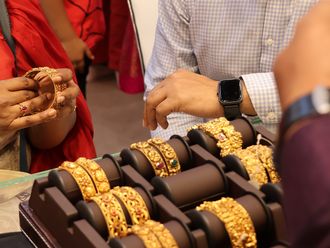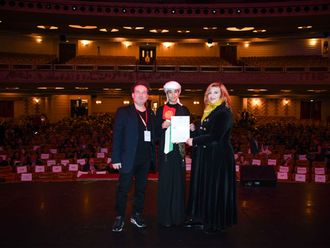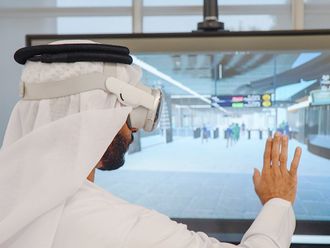Two Abu Sayyaf victims claimed they were forced to behead their fellow hostages in Basilan, in 1995, a television report said, adding the victims claimed they were on the video tape that was recently delivered by the Armed Forces of the Philippines to television outfits in Metro Manila.
"We have told the military about our experience," said one of the former victims who was interviewed on television, his face blurred to avoid identification.
"We don't want our identities to be known," said the victim, adding that he and his family members want to forget their grim and nightmarish experience.
A wife of the victim was also interviewed, saying: "Why was the video tape shown to the public? We have tried to live peacefully in Basilan."
"Maybe there was a purpose in showing the tape, but we will be exposed," said the wife, hinting that she and her family, including the family of the other former victim will be harassed if their identities are revealed.
Meanwhile, Armed Forces chief spokesperson Brig. Gen. Edilberto Adan denied that the video-tape showed civilians beheading their fellow hostages.
If the claims of the former hostages were true, Adan said, "Maybe they were forced at the pain of death. They also said the Abu Sayyaf did the beheading."
The military is looking for the two former hostages who were freed, said Adan. Sources said the freed victims started hiding for fear of being dragged into the Abu Sayyaf problem.
Adan pleaded that the Armed Forces should not be chastised and castigated for showing to the public the gory video-tape. "They (Abu Sayyaf) have been doing this for a long time. It's good that we learn about it," said Adan.
At the same time, former President Joseph Estrada said he showed the same video-tape to the Catholic bishops when he asked for their support to his all-out war policy on the group, following the hostage taking of 20 mostly foreign victims in Sipadan, Malaysia in April 2000.
"It was the best way I could illustrate the members of the Abu Sayyaf," said Estrada, adding he supported the U.S. presence in the war-zones in Basilan.
"But president Gloria Macapagal-Arroyo should also listen to the response of the people to her new policy," said Estrada, from his detention centre.
Criticism against the showing of the video-tape has risen. Critics said the tape was wrongly used in the name of information to justify the militarisation and entry of U.S. soldiers in Basilan while the opposition questioned the authenticity of the tape.
"Showing this kind of video-tape tends to impinge on human dignity," said Education Secretary Raul Roco.
"The showing of the video-tape could sow hatred to a point of dividing the nation," said another cabinet member.
Businessmen were not only aghast by the gory details of the video-tape, but its impact on the country's image as a business centre."The video-tape has shown that there's really big trouble in the country," said businessman Joseph Tan.
The College of Mass Communications of the University of the Philippines launched a probe to determine if the TV networks violated a TV code on decency for showing the said video-tape.
"We will not question the source of the video-tape. We will find out how the material was used by the media," said Rose Feliciano, of the U.P. College of Mass Communications.
President George Bush said before the Japanese parliament that his government would unilaterally launch a commando-type of rescue operation for American nationals who might be kidnapped by terrorists abroad.
This change of policy is quite dangerous because of the U.S. presence in Basilan where the Abu Sayyaf is still holding Americans Martin and Gracia Burnham.
Victims forced to behead hostages
Two Abu Sayyaf victims claimed they were forced to behead their fellow hostages in Basilan, in 1995, a television report said, adding the victims claimed they were on the video tape that was recently delivered by the Armed Forces of the Philippines to television outfits in Metro Manila.












